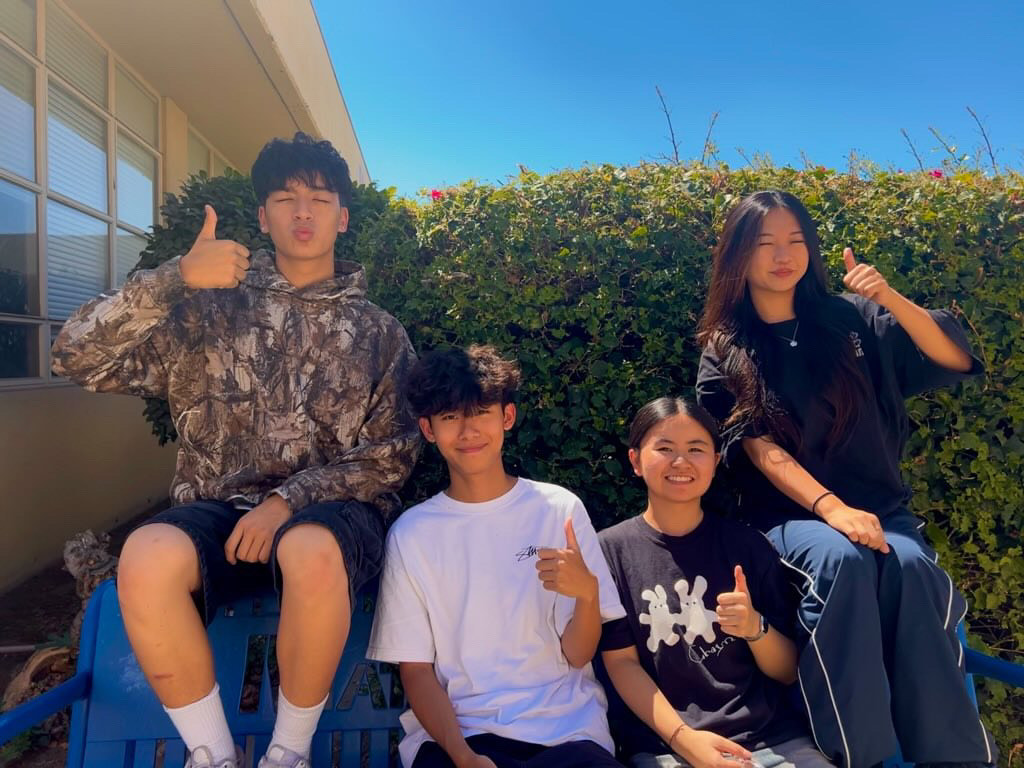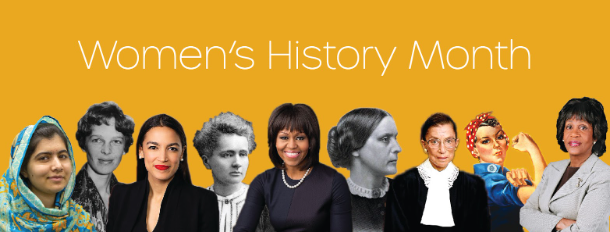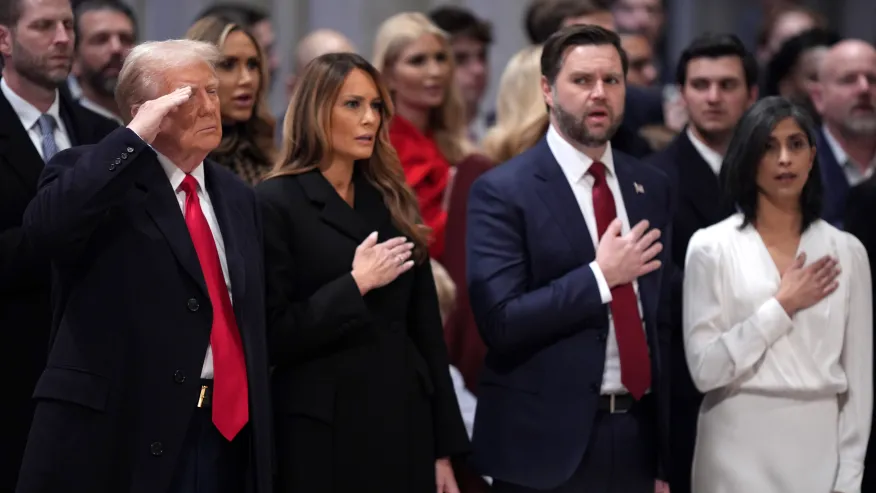It is common to see a widespread variety of generations coming together to form a strong government. Nevertheless, there should be an age limit for holding government positions, ideally restricting service after the age of 65 or 70. While experience and knowledge are important in leadership roles, the age-related physical and cognitive declines of a person can take effect on his/her decision-making, diminishing their ability to address the complex political challenges of a country. By setting an upper age limit, we can help ensure that those in office remain capable of meeting the demands of the role efficiently, as well as evolving with the times in order to keep peace in society.
Younger generations in the government often bring fresh ideas and new approaches to governments. These perspectives are crucial for addressing contemporary issues such as climate change, technological advancements, and societal shifts like beliefs on reproductive rights. Some may argue that leaders do not have to be physically young to have capability of adapting to modern society however, those who are capable of adapting to modern realities and challenges are better positioned to craft policies that benefit the public mass and that seems to be younger politicians. An upper age limit, therefore, would create room for this necessary generational transition, ensuring that the government evolves alongside society.
Another important consideration is the potential disconnect between older leaders and the younger faction of the U.S. they represent. As society progresses, younger generations face unique challenges that older leaders may not fully understand or prioritize. An example of this would be the ongoing struggles of gender roles, women’s rights, identity, and educational problems. By fostering age limits, the government can ensure that elected officials are more representative of the experiences and concerns of their country, particularly younger demographics.
Furthermore, age limits can promote innovation within government institutions. Leaders who have held office for decades may become set in their ways or resistant to new ideas, leading to inertia in policymaking. Introducing an age cap would encourage a dynamic flow of new voices, fostering creativity and adaptability in addressing the nation’s challenges.
Setting an age limit for government positions aligns with similar practices in other professions. Pilots, judges, and certain corporations often have mandatory retirement ages to ensure the safety and efficiency of their roles. This very same principle seen in work places should apply to government positions, whose decisions profoundly impact millions of lives. Imposing an age limit would not diminish respect for older leaders; rather, it recognizes the importance of timely succession and the need for a government that is consistently equipped to tackle both current and future challenges effectively.
























